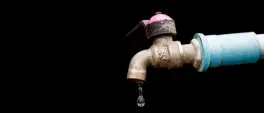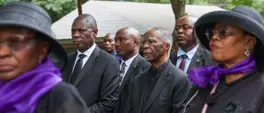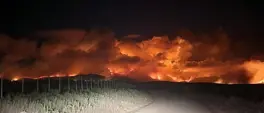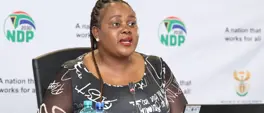Drawn-out court processes contribute to low conviction rate in child abuse cases - Teddy Bear Foundation
Morgan Van De Rede
6 December 2024 | 8:55Key findings in the Teddy Bear Foundation's latest report on its court preparation programme include low conviction rates and long, drawn-out court trials in most child abuse cases over the last five years.
CAPE TOWN - Children’s rights NGO the Teddy Bear Foundation said long, drawn-out court processes contribute to low conviction rates in child abuse cases.
Key findings in its latest report on its court preparation programme include low conviction rates and long, drawn-out court trials in most child abuse cases over the last five years.
Foundation founder Shaheda Omar said the justice system must do more to prevent unnecessary delays in court cases.
“So, what happens is either families feel repeated trauma, or they cannot see their child go through the repeated trauma or post-traumatic stress disorder where each time the hypervigilant, hyperarousal re-opens that wound and that is then what stops parents from bringing their child to court."
She shared another reason that results in delays.
“Then there are other reasons where an intermediary that sits between the court and the child in the special room may not be available, or an intermediary has not been booked for the day, or an interpreter to speak the indigenous language of the child is not available or been booked.”
The Teddy Bear Foundation also called on government to prioritise improving the justice system.
Omar said authorities must put in more effort to ensure conviction rates increase.
“These findings and the recommendations made should be presented to the relevant stakeholders, the role players, so particularly law enforcement, the National Prosecuting Authority, and even the magistrate. I think it requires collective meetings with looking at a plan of action that will prevent and minimise secondary victimisation or trauma.”
Omar cautioned parents to be extra vigilant with their children during the holiday season.
“It's during the end of the year, the latter part of the year, the festive period, the holiday season, that we look at alerting parents, caretakers, caregivers, children, and communities on how to look out for the safety and wellbeing of children."
Get the whole picture 💡
Take a look at the topic timeline for all related articles.













